
Human capital management becomes a question of agility
Charlotte Santet [TBS Education 2018]
Charlotte, Human Capital Manager at Deloitte Conseil, has been on the front line of HR transformation in major companies for the past six years. With a Master's degree in Human Resources from TBS Education, she joined the leading consulting firm directly after her studies. Since then, she has supported the HR departments of major organizations, some of which manage several thousand employees worldwide. Her expertise? To help these companies optimize the management of their human capital, by adapting their practices and structures to technological, social and economic changes. The Covid-19 crisis has accelerated these changes, revealing new challenges to which Charlotte strives to respond with agility and innovation.
Has Covid accelerated the transformation of human resources?
The Covid-19 crisis took many companies by surprise. In the space of a few days, they had to adapt their operations and allow a large proportion of their staff to work remotely.
While some had already embarked on their digital transition and begun to think about these issues, for many, it represented an immense challenge.
Nevertheless, it's important to remember that long before this crisis, they were already looking to digitalize certain HR processes such as compensation reviews, annual interviews and career plan management. These areas, deeply linked to technology, are now at the heart of the HR support we offer.
The way we support these companies in their digitalization projects, the way we manage projects, the approach we take and the support we offer have also evolved, reflecting the new challenges and needs that have emerged over this period.
Artificial intelligence is advancing rapidly, and promises to both create and destroy many jobs. How can companies adapt their HR strategy to this revolution?
This is a major challenge for our customers. Artificial intelligence (AI) is undeniably a technological revolution, and like any advance of this scale, it raises many fears.
But in reality, this revolution is just a continuation. Machines have long been part of our working environments, evolving in successive waves, and companies are learning how to ride them. They are anticipating these upheavals, investing in training to meet future needs, and integrating this thinking into their development strategies. What sets AI apart is the scale of the self-training it demands. Faced with the speed of its progress, everyone is faced with a delicate question: how quickly am I prepared to accept that my skills will become obsolete? This transformation is not limited to collective adaptation within companies; it must also be experienced at an individual level. It's a question of knowing at what pace each individual is capable of adapting and remaining relevant in a world of perpetual change.
Is AI present in your business?
Absolutely. At Deloitte, we have developed an in-house artificial intelligence tool that is transforming the way we work. This tool saves me a considerable amount of time. In particular, I use it to generate meeting notes, write summaries and handle various repetitive and time-consuming tasks. It's an extremely efficient virtual assistant, allowing me to concentrate on higher value-added tasks. The tool developed in-house also enables us to protect our data from consumer solutions such as OpenAI, Google or similar GenAI. AI, in our sector as elsewhere, is not an end in itself but a means to an end. It frees up time, improves efficiency and enables better decision-making. At Deloitte, we support our teams and our clients so that they know how to fully exploit these new tools and are comfortable with this transformation. It's a way of demonstrating that AI can be a powerful ally in boosting productivity, without doing away with the human aspect, which is essential to creativity and innovation.
"Faced with the speed of progress, everyone faces a tricky question: how quickly am I prepared to accept that my skills will become obsolete?"

More broadly, what's changing in human capital management today?
The major change emerging in human resources management is the rise of "Skill-Based Organizations".
This is probably one of the most strategic topics in HR today, and is directly linked to the expectations of the new generations vis-a-vis work. These young professionals are no longer content with linear, vertical progression; they aspire to transverse mobility, seeking development opportunities both horizontally and vertically within organizations.
The watchword for this generation is simple: 'anything but boredom'. This means that they are looking for varied experiences, and wish to avoid the monotony of excessive specialization. This need for diversity leads them to want to move from one job to another, developing cross-disciplinary skills that become a key asset.
Organizations that take these new dynamics into account are often more attractive to candidates. They stand out for their ability to offer a variety of career paths, to break with the rigidity of old hierarchical structures and to focus on developing talent in a more flexible way. This approach also highlights a redefinition of the role of managers, who must encourage internal mobility and versatility within their teams.
"The rise of "Skill-based Organizations" is directly linked to the expectations of new generations vis-a-vis work."
In short, human capital management is becoming a question of agility: it's no longer just a question of recruiting and retaining staff, but of creating environments where skills evolve in line with employees' aspirations, enabling the company to remain competitive and innovative in a world of perpetual change.
Is this desire not to be locked into a savoir faire a quest for freedom?
I think we're slowly getting there. The younger generations refuse to be labeled or pigeonholed. For many of them, a permanent contract, once a symbol of stability, is now perceived as a constraint. Precariousness, far from frightening them, is seen as a form of independence. Where a fixed-term contract might have been seen as a lack of confidence, it is now seen as an additional freedom, enabling them to explore different horizons without making a long-term commitment.
This quest for autonomy reflects a reversal in the balance of power on the job market. Young people are well-informed, know their worth and don't hesitate to make demands, including in terms of remuneration. They prefer diversity of experience to traditional stability, forcing companies to rethink their practices to adapt to this new mentality.
How does this state of mind fit in with older conceptions of the relationship between work and the company?
This cohabitation can sometimes be tricky. I remember one manager, during Covid, reacting to distraught young people by saying, "Don't complain, you're lucky to have a job." This response was poorly received, illustrating a gap in understanding expectations. This type of discourse, rooted in a more traditional vision, is unacceptable to young people today.
"Younger generations refuse to be labeled or pigeonholed."
It seems to me that my generation often plays a mediating role between these two perspectives. We have the ability to understand the concerns of the younger generation while translating their expectations to the older ones. For example, their demand for immediate responsibility or promotion may be interpreted as impatience, when in fact it reflects great curiosity and a desire for commitment.
This communication work is essential to reduce misunderstandings between the generations. It's about finding common ground, where young people's values of commitment and responsibility can be better understood and integrated by managers accustomed to older norms. This dynamic can lead to a positive evolution in working practices within companies.
Interview by Anne Lafont (TBS Education 1988)





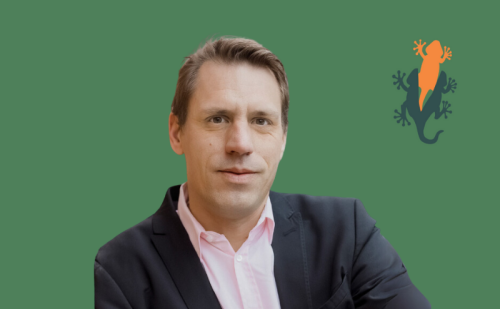
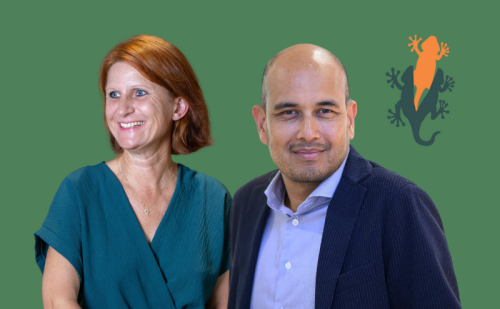


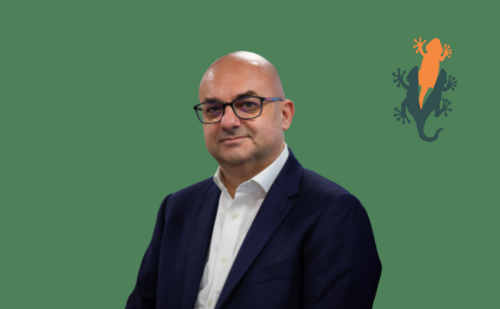
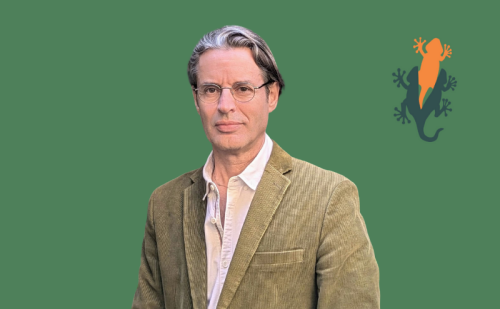


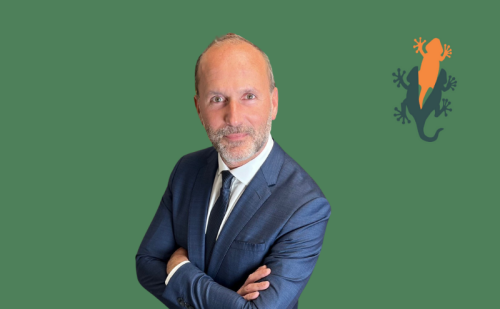




No comment
Log in to post comment. Log in.